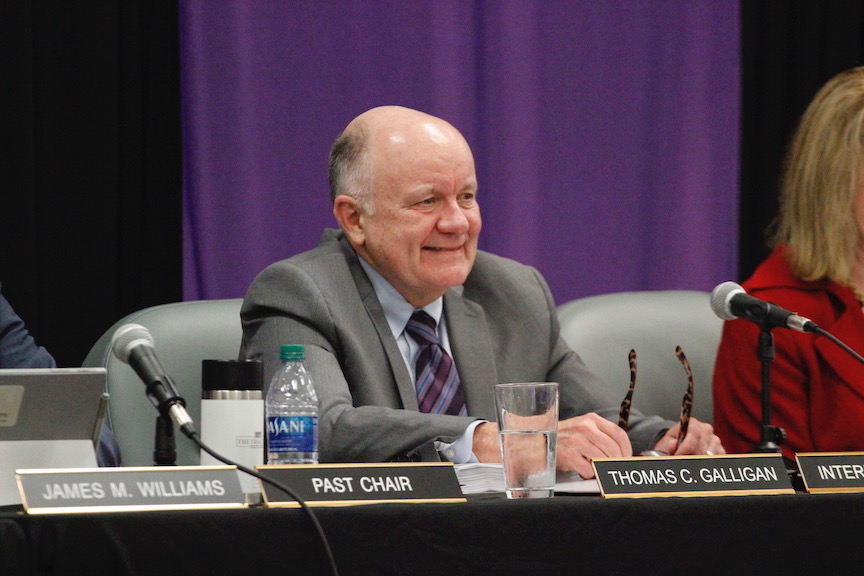
Local health units to provide vaccines for those 12 years and older
May 26, 2021
LSU faculty members voted on resolution to require students to receive COVID-19 vaccines
May 26, 2021Dr. Peter Fail, interventional cardiologist at Cardiovascular Institute of the South (CIS), performed a rare bioproshetic aortic valve replacement on a patient today at Terrebonne General Health System.
This procedure is unique in that the patient had already undergone three previous aortic valve replacements— two surgical (one was replaced) and one through an interventional procedure called transcatheter aortic valve replacement (TAVR). As opposed to a surgical valve replacement, TAVR eliminates the need for open heart surgery and uses a catheter-based technique to go through the groin, meaning a faster recovery for the patient.
Now years later, due to heart failure and severe symptoms, the patient’s heart required a fourth valve replacement. Through careful planning and consideration, Dr. Fail chose to place a new transcatheter aortic valve (TAV) inside the old one. For this patient, this procedure is called a “TAV in TAV in SAV” referring to a “transcatheter aortic valve in a transcatheter aortic valve in a surgical aortic valve.” This situation is extremely rare.
“As rare as this is today, we will see more of these complex cases as TAVR has become the dominant strategy for many patients with aortic stenosis and degenerated aortic valve prosthesis,” explained Dr. Fail. “The lifetime management of aortic stenosis is the ultimate goal, and many different strategies will be needed in the years to come.”
Valve replacements treat severe aortic stenosis, a narrowing of the aortic valve opening of the heart. Symptoms of aortic stenosis include:
- Heart murmur
- Pain, pressure or tightness in the chest (angina)
- Fainting or feeling light-headed or dizzy with activity
- Fatigue with activity
- Heart palpitations, particularly a rapid or fluttering heartbeat
To learn more about transcatheter aortic valve replacement or the Structural Heart Program at CIS, visit https://www.cardio.com/structural-heart-program.






